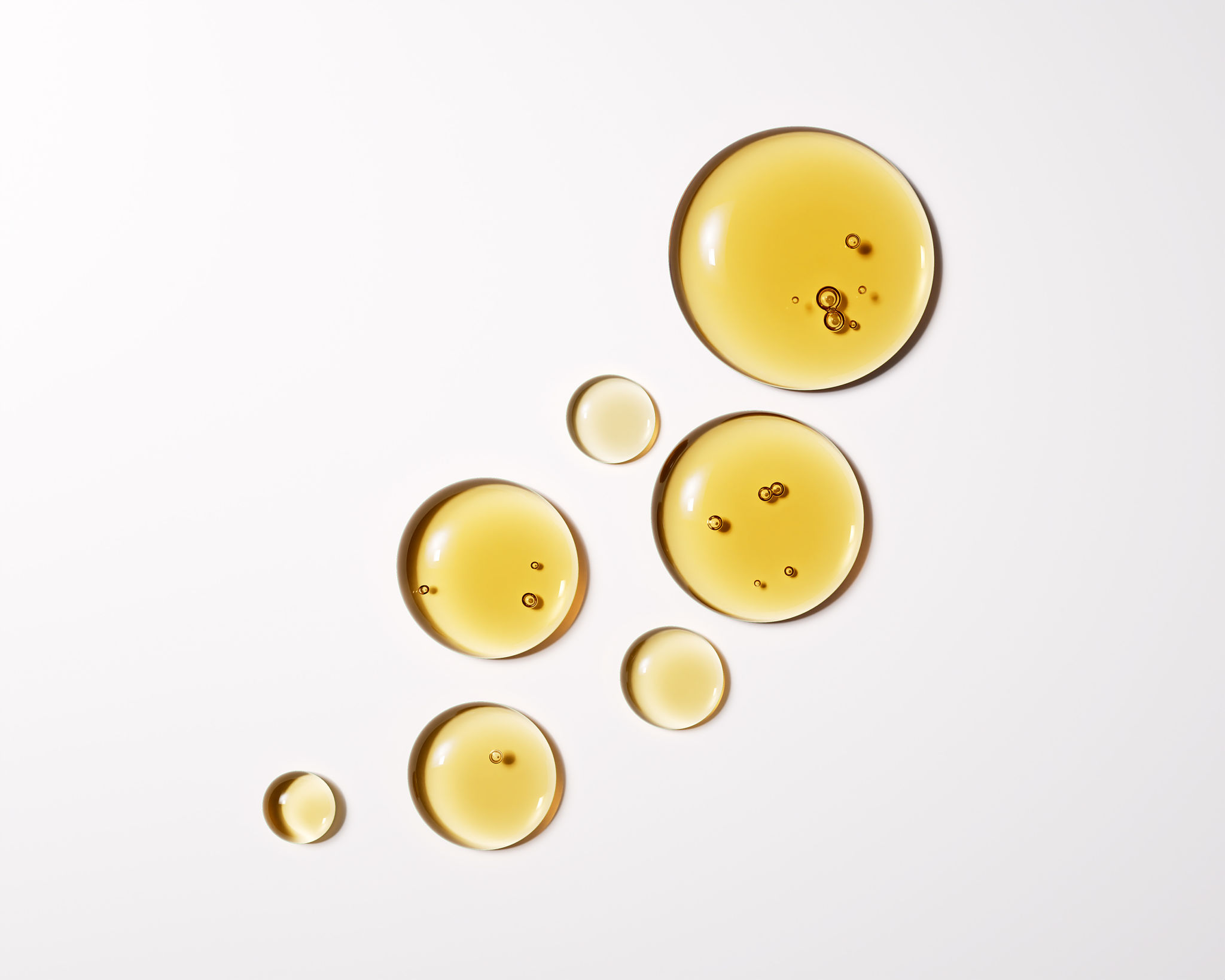How to Host an Olive Oil Tasting Event
NB
Planning Your Olive Oil Tasting Event
Hosting an olive oil tasting event can be a delightful way to explore the complex flavors and aromas of this versatile ingredient. Whether you're a seasoned olive oil enthusiast or a curious newcomer, a well-organized tasting can be both educational and enjoyable. Start by selecting a date and venue that can comfortably accommodate your guests. Consider the ambiance, as a relaxed setting will enhance the overall experience. Make sure to send out your invitations well in advance to ensure a good turnout.

Next, gather a selection of olive oils to present at your event. Choose a variety of oils that showcase different regions and styles, such as extra virgin, infused, and flavored oils. Aim for a diverse range of flavor profiles, from mild and buttery to robust and peppery. This variety will allow your guests to compare and contrast the unique characteristics of each oil.
Setting Up the Tasting
Set up a tasting table with the olive oils clearly labeled and displayed in a visually appealing manner. Provide small cups or spoons for sampling, along with sliced bread or plain crackers to cleanse the palate between tastings. It's also helpful to have water on hand for guests to rinse their mouths.
Create a tasting guide to assist your guests in evaluating the oils. Encourage them to pay attention to three main aspects: the aroma, the taste, and the finish. A simple scoring sheet can help them jot down their thoughts and preferences. This will make the experience more interactive and engaging.

Guiding the Tasting Experience
Begin the tasting by explaining the basics of olive oil production and its health benefits. Highlight how factors like region, olive variety, and production methods contribute to the flavor of the oil. As the host, your role is to guide your guests through the tasting process, encouraging them to swirl, sniff, and sip each sample.
Discuss the tasting notes of each oil as you go along. Use descriptive language to convey the unique flavors and aromas, such as "fruity," "grassy," or "peppery." This will help guests articulate their own experiences and preferences. Encourage them to share their impressions and engage in lively discussions.

Enhancing the Experience
To make the event even more memorable, consider pairing the olive oils with complementary foods. A selection of cheeses, fresh vegetables, or cured meats can enhance the tasting and provide context for how the oils can be used in cooking. This pairing can also highlight the versatility of olive oil in various culinary applications.
Finally, provide some take-home materials for your guests, such as a printed guide with information about the oils tasted, recipes, and tips on how to store and use olive oil. This will allow them to continue exploring their newfound appreciation for olive oil at home.
Concluding the Event
Wrap up the event by thanking your guests for attending and inviting them to share their favorite oils and tasting experiences. Consider offering bottles of the featured oils for purchase, giving them the opportunity to bring a piece of the event home with them.
Hosting an olive oil tasting event can be a rewarding experience that brings people together to appreciate the rich flavors and cultural significance of this ancient ingredient. With careful planning and a focus on education and enjoyment, your tasting event is sure to be a success.